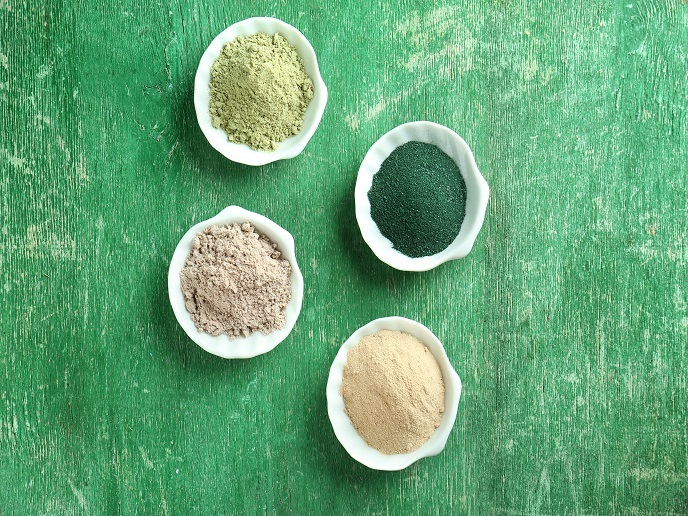Extracting protein from seaweed and legume by-products
An increasing population and a growing middle class have caused demand for protein to skyrocket. To meet current demand, Europe is already importing over 30 million tonnes of soya – a key source of protein – from the Americas every year. The majority of that soya is used to feed livestock, another main source of protein. “Current protein sources are quickly becoming unsustainable, from both an economic and an environmental perspective, raising alarms about food security and creating an urgent need to find alternative proteins,” says Nuria Valdés Mediavilla, project manager at Contactica Innovation(opens in new window) in Spain. Two possible alternatives are macroalgae, better known as seaweed, and legume by-products – the seed coats, hulls, broken seeds and leaves that are generated during the drying, milling, dehulling and sorting processes of crops. “Turning these by-products into alternative proteins and, thus, food and feed products, could help us meet the world’s increasing demand for proteins in a more sustainable way,” explains Valdés Mediavilla. This is where the ALEHOOP(opens in new window) project comes into play. The project is developing pilot-scale biorefineries for recovering low-cost dietary proteins from alga- and plant-based biomass. It aims to use the recovered proteins to produce high-value food and feed products, including snacks, smoothies, meat alternatives, animal feed and sports drinks. The project received funding from the Circular Bio-based Europe Joint Undertaking(opens in new window), a public-private partnership.
Using innovation to overcome challenges
Like any research initiative, the ALEHOOP project has faced its fair share of hurdles. One was that the quality and quantity of seaweed available vary depending on the season and location. To overcome this challenge, the project had to optimise its biorefinery process and protein extraction methods to ensure consistently high-quality products, regardless of input. The project also had to address the regulatory requirements and market barriers relating to the use of macroalgae and legume proteins in food and feed applications – a process that involved conducting numerous safety and quality tests. “By working with our project partners and industry stakeholders, and by applying innovative and sustainable solutions, we not only overcame these challenges, but did so in a way that ensured our work was aligned with the goals of such EU policy initiatives as the Green Deal(opens in new window),” adds Valdés Mediavilla.
A growth industry
Although the project remains a work in progress, it has already achieved some significant milestones. At the top of that list is the successful demonstration of a pilot-scale extraction of proteins from residual macroalgae and legume by-products. “This achievement represents a big step towards providing sustainable, low-cost dietary proteins that can help reduce the EU’s dependency on imported proteins while also increasing food security, contributing to the circular bioeconomy, and helping mitigate the effects of climate change,” remarks Valdés Mediavilla. The project is now set to enter its final phase, during which the various alternative protein sources being produced within the ALEHOOP biorefineries will be validated for use in food and feed applications. “Underscoring the market readiness of these alternative protein sources will signal a transformative shift towards sustainable practices within the protein supply chain,” she concludes.







